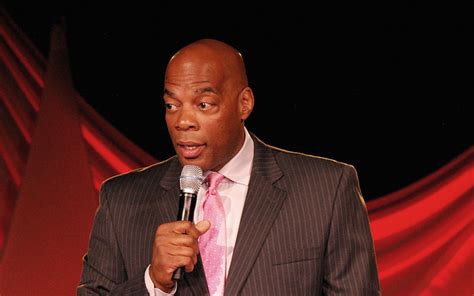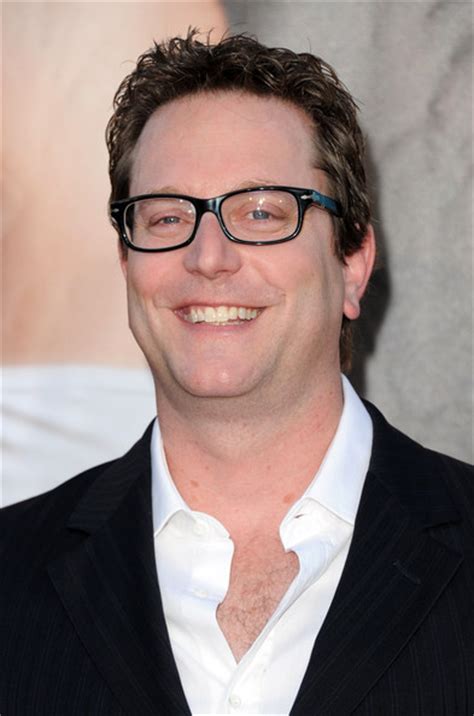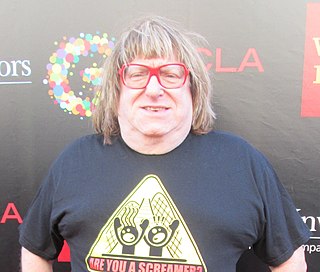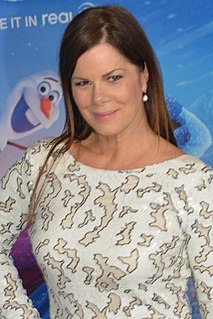A Quote by Brian Dunkleman
Related Quotes
Often, when you're in some of these writing rooms for... and the most restrictive is network television, right? They say, 'Wow, that's a great joke, but we can't do that. Okay, let's try the second joke. Oh, you can't do that one. But the third joke you can do,' and hopefully it will be great, but it will remind people of what the joke really was.
Laughter is binary: It either happens or it doesn't. As each joke arrives in the course of a film, the cavernous space of the theater is either filled with joy and laughter or with the quiet of cringing embarrassment. Every time you step to the plate to make a joke, you're going to experience one or the other.
































